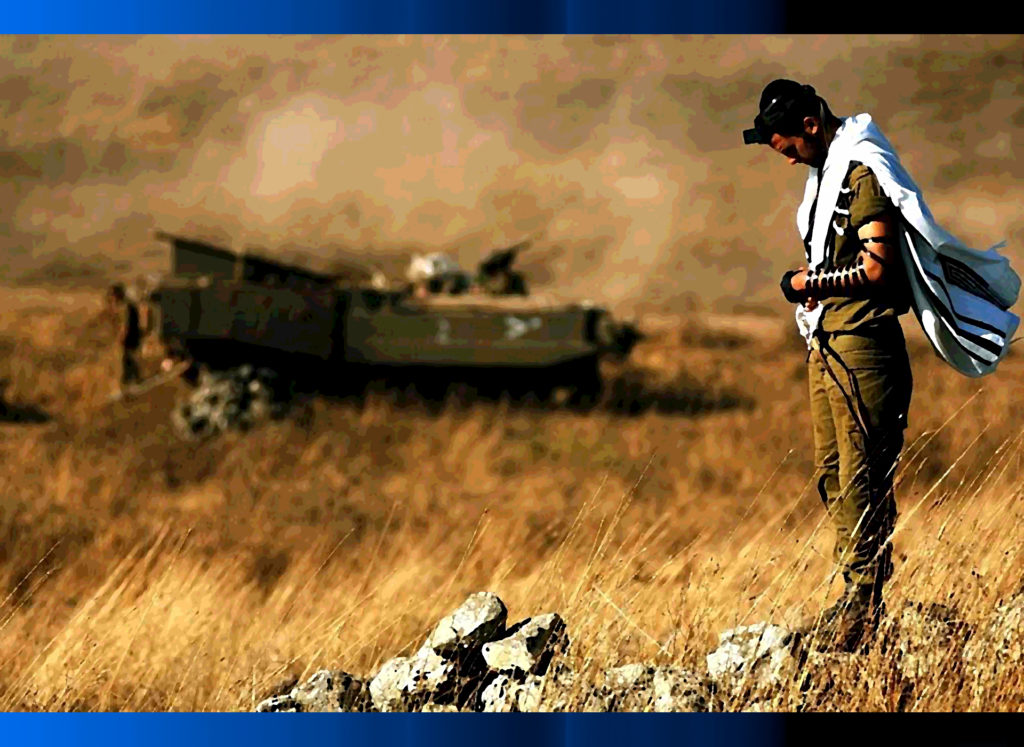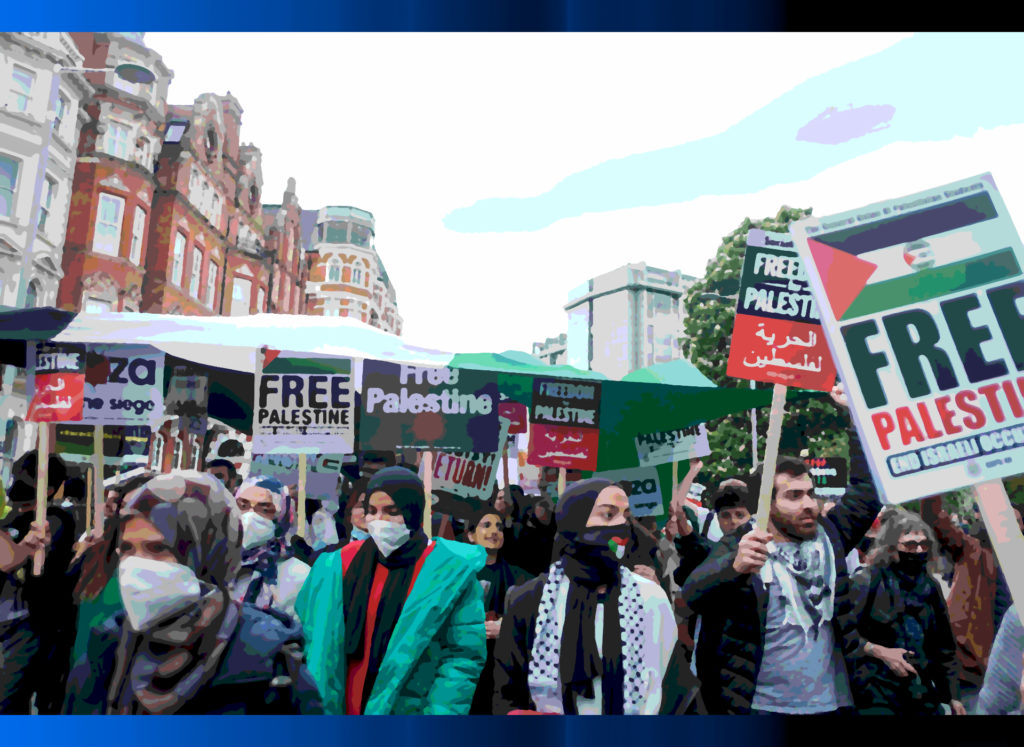
Deuteronomy 31:1-30
(2-3 Minute Read)
In the Torah portion of Vayelech, Moses finalizes the Torah and prepares the people for his death. He appoints Joshua to succeed him, admonishing him to be full of strength and courage. The Most High also explained to Moses that the early Jewish nation would inevitably stray after the pagan false “gods” of the land and not follow Torah, and the results would be catastrophic.
One of the key themes of Vayelech is the admonition to Joshua and the rest of the people to be “courageous” in their observance of the Torah and the conquering of the land of Israel. In fact, in just this one chapter alone, terms such as “be strong,” “be courageous,” “do not fear,” etc., are used no less than ten times. But why is “courage” such an intense focus of Moses’ final instructions to his successor and the rest of the Jewish people?

Perhaps the answer can be found in the context of the remainder of the short Torah portion. The Almighty clarified to Moses that much of the early nation of Israel would almost immediately reject both His Torah as well as the positive influence of Moses. They would instead become depraved idolaters, worshipping false “gods” and engaging in violence and debauchery.
In the book of Shemot as the Eternal One dictated the first sets of commandments to Moses on Mount Sinai, He emphasizes in 23:2, “You shall not follow a multitude [crowd] to do evil.”
In this context, the Almighty was giving a joint message first and foremost to Joshua, Moses’ successor, but also to the Jewish people who would seek to remain faithful to the Most High as well as His Torah. The message was that many — maybe even a majority — of the people around them would choose the wrong path. But despite the social pressure, intimidation, and possibly even danger involved, it was absolutely vital that Joshua and other righteous Jews would continue down the proper path. And doing so would require immense courage and the understanding that the Almighty would be with them.
In today’s day and age in particular we often feel pressure to abandon our principles and integrity, and especially our Jewish heritage and even the Torah itself. Through the avenues of social media, community gatherings, workplace dynamics, etc., we often find ourselves being pressured or even intimidated to conform to other ideology or agendas that don’t always align with the values and teachings of the Torah. And perhaps one of the greatest aspects relates to the modern State of Israel and the right of the Jewish people to dwell securely in our homeland.
In western society it has become common to declare that the Jewish homeland doesn’t belong to us; rather, we are colonial oppressors. Similarly, even the notion that Jewish lives should be protected and defended from murderous terrorists is now criticized more than ever. Indeed, the very existence of the Jewish people — especially in the land of Israel — has become for many “offensive” and even “oppressive.”
Jews in western societies — especially America — are now finding themselves in a difficult situation. Do we join the “multitude” who denigrate Israel, falsely accusing the Jewish state of “oppression” and even “war crimes” while shamelessly ignoring the hordes of bloody terrorists that are kept at bay on a daily basis by the Israel Defense Force? Do we merely shrug and claim neutrality, or use such dismissive and patronizing jargon as “I am an American first; Israel is simply not important to me,”…? Do we silently look the other way and shamelessly feign ignorance when we see community leaders or even politicians and international dignitaries lambast Israel unfairly and even declare that the Jews are undeserving of our ancient and modern homeland?

As King Solomon said in Kohelet (Ecclesiastes), “There is nothing new under the sun.” Perhaps in Vayalech the Almighty had a message for every generation of the Jewish people.
Being a Jew requires courage.
Adhering to the Torah takes strength.
Maintaining our Jewish homeland is incompatible with fear.
Vayalech is read during the season of annual teshuvah, or repentance. The self-reflective month of Elul gives way to Rosh HaShanah, the Jewish new year that begins the yearly judgment process with the sounding of the shofar, or ram’s horn. And Rosh HaShanah leads to Yom Kippur, the ultimate Day of Atonement.
At this season of teshuvah and repentance we often have the most lofty motivations to become better people, to treat those in our families and communities with more love and respect, to enhance our observance of the rituals of blessing and worship that enable us to connect further with our Creator.
Perhaps in this time of repentance the Almighty is emphasizing to us that we need an additional ingredient to turn our positive motivations into an ongoing reality: courage, strength, and a resistance to fear and intimidation.
At the time of Elul, Rosh HaShanah, and Yom Kippur, it’s not just enough to have the right motivations; we need to have action. And we need to ensure that we have the courage and strength to maintain those Torah-based actions in spite of pressure, opposition, and intimidation — even from “a multitude running to do evil.”
May the Holy One, Blessed be He, grant us the courage and the strength to turn our Rosh HaShanah-themed repentance into an ongoing, sustained reality, despite pressure to the contrary. And may the Holy One, Blessed be He, thereby grant us to merit a sweet, healthy, safe, and successful upcoming new year.


